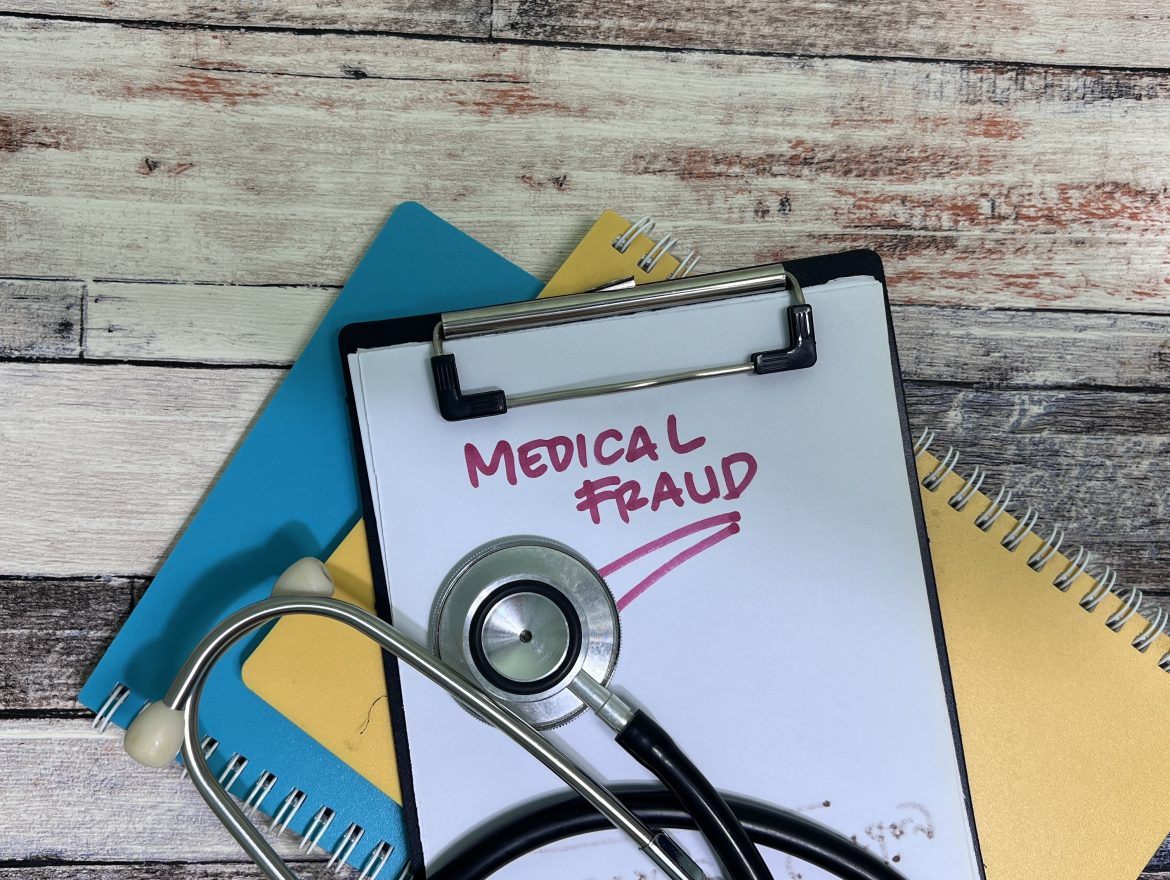Healthcare fraud is a serious white-collar offense that carries significant legal consequences. If you or someone you care about is facing allegations of healthcare fraud in Miami or Broward County, it is critical to act quickly and seek experienced legal counsel. Beaton Law Firm is here to help you understand the charges, defend your rights, and work tirelessly to achieve the best possible outcome in your case.
What Is Healthcare Fraud?
Healthcare fraud involves intentionally submitting false information to a healthcare provider or government health program (such as Medicare or Medicaid) in order to receive unauthorized benefits or payments. Common forms of healthcare fraud include:
-
Billing for services not rendered
-
Upcoding or misrepresenting services provided
-
Falsifying patient records
-
Accepting kickbacks or illegal referrals
-
Submitting duplicate claims
-
Using someone else’s insurance or ID to obtain treatment
The federal government and Florida state agencies take these violations seriously, and prosecutions are aggressive. Cases can involve complex investigations by the FBI, Department of Health and Human Services (HHS), the Florida Department of Health, and the Office of the Inspector General (OIG).
Penalties for Healthcare Fraud
Being charged with healthcare fraud can result in:
-
Federal criminal charges
-
Up to 10 years in prison (or more depending on the circumstances)
-
Fines of hundreds of thousands of dollars
-
Restitution and civil penalties
-
Loss of medical licenses and professional certifications
-
A permanent criminal record
Even if you believe the alleged offense was a billing mistake or administrative oversight, you could still be held criminally liable. That’s why having a trusted criminal defense attorney is so important.
Why Choose Beaton Law Firm?
Beaton Law Firm, based in Miami, Florida, offers aggressive legal defense for individuals and professionals accused of healthcare fraud in Miami-Dade and Broward Counties. Led by seasoned criminal defense attorney Marcos Beaton, our firm understands the complexities of healthcare law, federal investigations, and white-collar criminal defense.
We know what’s at stake — your license, your reputation, your freedom — and we fight to protect it.
Our Approach Includes:
-
Thorough Case Review: We analyze the evidence, audit reports, billing records, and any communications with agencies.
-
Proactive Defense Strategy: We may challenge the legality of investigations, seek to suppress illegally obtained evidence, or negotiate pre-trial resolutions.
-
Professional Reputation Protection: We understand the impact on your career and reputation and treat your case with discretion and urgency.
-
Ongoing Communication: You’ll always be informed about your case and our next steps.
Common Defenses in Healthcare Fraud Cases
If you’re searching for a “healthcare fraud lawyer in Miami” or “federal criminal attorney near me,” it’s because you need someone who knows how to build a solid defense. Common defenses in healthcare fraud cases may include:
-
Lack of intent to defraud
-
Clerical or billing errors
-
Miscommunication with third-party billing companies
-
Insufficient evidence
-
Entrapment by investigators
Every case is unique, and the right defense will depend on your specific circumstances. Beaton Law Firm provides the focused, personalized legal strategy you need.
Don’t Wait – Legal Action Can’t Wait
If you’ve received a subpoena, audit request, or have already been arrested for healthcare fraud, the time to act is now. The earlier we get involved, the more options we may have to defend your case effectively. Whether you’re a physician, nurse, billing professional, or clinic owner, we are prepared to advocate on your behalf.
Serving Miami and Broward County
Beaton Law Firm proudly represents clients throughout Miami-Dade and Broward Counties. From downtown Miami to Fort Lauderdale and surrounding areas, we are the legal team you can rely on when your future is on the line.

If you’ve been charged with healthcare fraud in Miami or Broward County, don’t face it alone. Call Beaton Law Firm today for a confidential consultation and strong legal representation.

Miami, FL
Broward, FL








